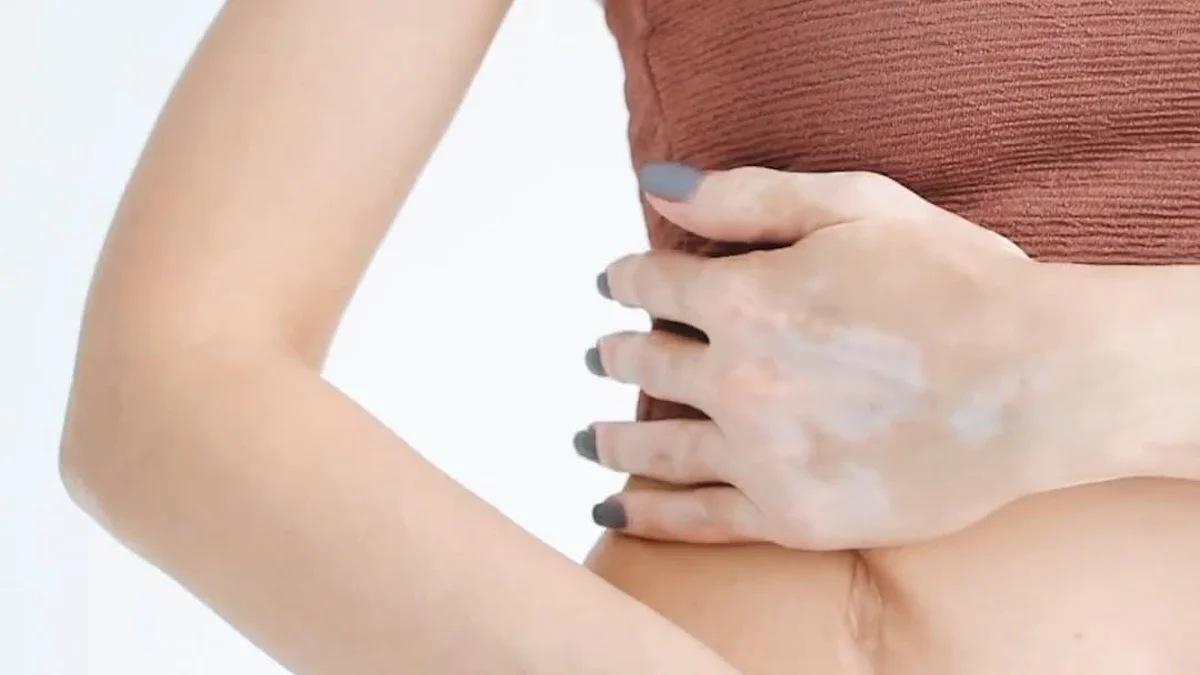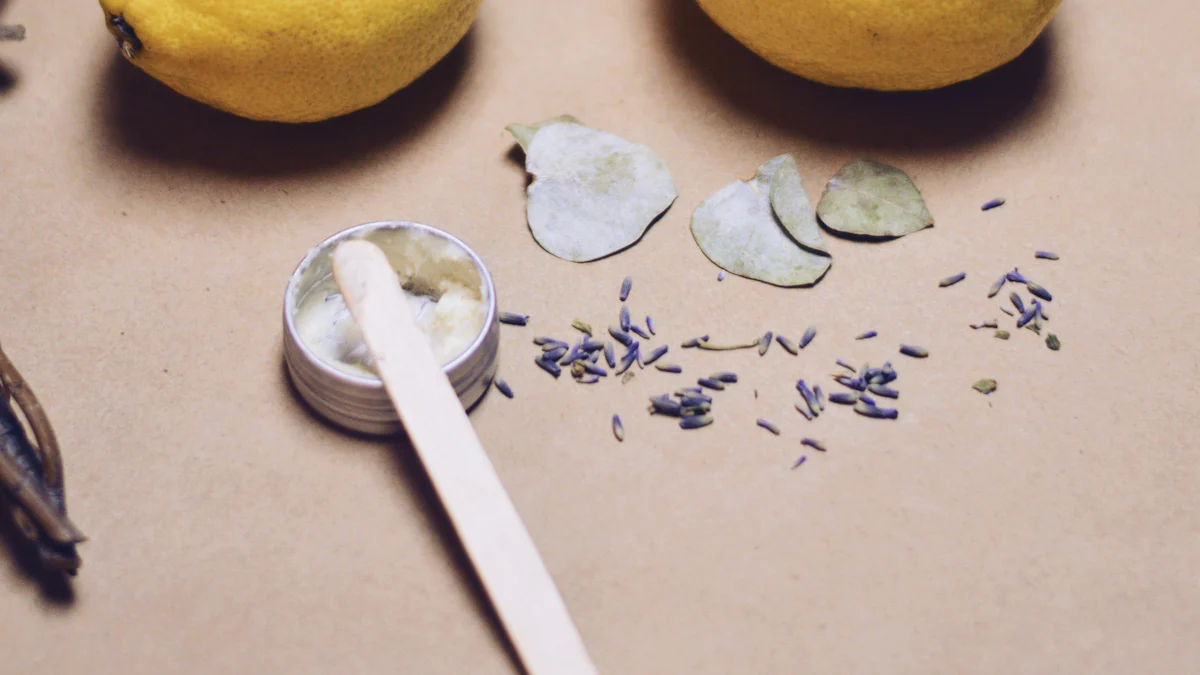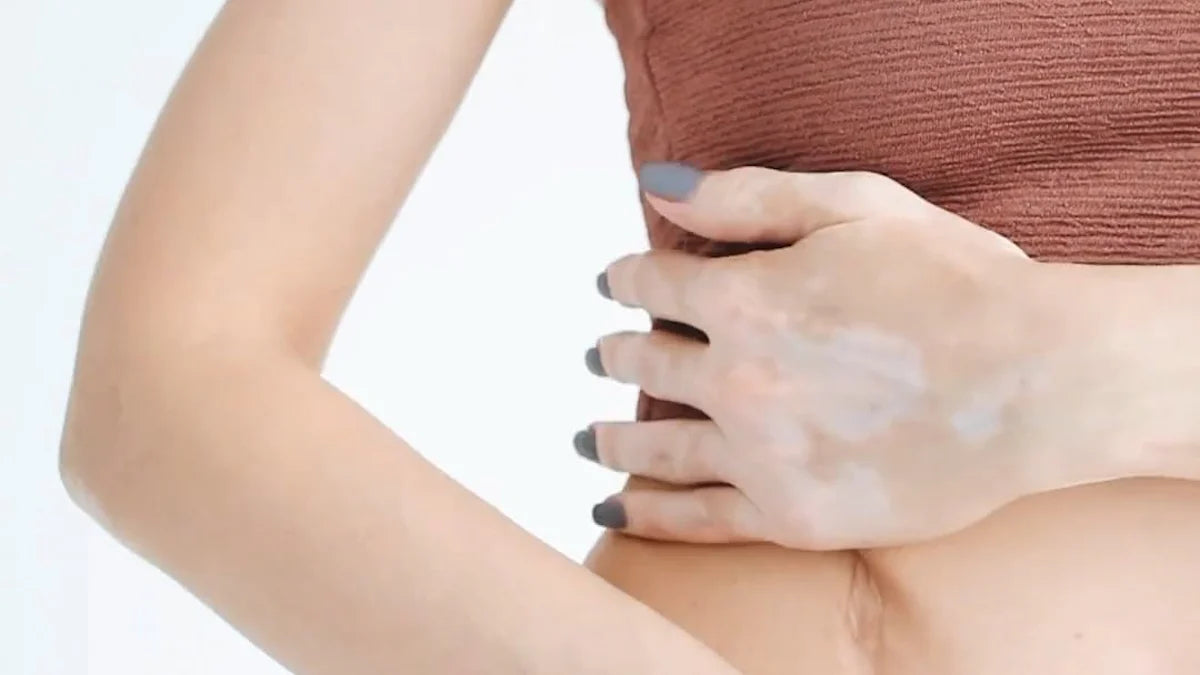
Melanin, the pigment responsible for skin coloration, plays a crucial role in shielding the skin from harmful UV rays. Studies indicate that individuals with darker skin tones exhibit a lower incidence of skin cancer due to Melanin production skincare. This natural defense mechanism helps prevent damage to skin cells by absorbing UV light effectively. Understanding the significance of melanin in skin protection underscores the importance of exploring methods to regulate its levels for optimal skin health.
Understanding Melanin
Melanin, the pigment responsible for skin coloration, is a vital component that shields the skin from harmful UV rays. Melanin production skincare levels are predominantly determined by genetic factors but can also be influenced by various external elements. Understanding the different types of melanin and its role in skin protection is crucial in exploring effective methods to regulate its levels for optimal skin health.
Types of Melanin
Eumelanin: This type of melanin is responsible for brown to black pigmentation in the skin and hair.
Pheomelanin: Pheomelanin contributes to red and yellow pigments found in hair and some areas of the skin.
Role of Melanin in Skin
Melanin acts as a natural defense mechanism against UV radiation, absorbing harmful rays that can damage skin cells.
It helps prevent sunburns, premature aging, and reduces the risk of developing skin cancer due to excessive sun exposure.
Causes of Excess Melanin Production
Excessive melanin production can be triggered by various factors beyond genetic predisposition. Environmental influences and hormonal changes play significant roles in altering melanin levels within the skin.
Genetic Factors
Genetic predispositions can lead to overactive melanocytes, resulting in increased melanin production.
Inherited conditions or family history may contribute to hyperpigmentation issues that require management strategies.
Environmental Factors
UV Exposure: Sun exposure stimulates melanocytes to produce more melanin as a protective response against UV radiation.
Inflammation: Skin inflammation caused by acne, eczema, or other conditions can trigger melanocytes to produce excess pigment.
Hormonal Influences
Fluctuations in hormone levels during pregnancy or due to hormonal disorders like melasma can stimulate melanocytes.
Hormonal changes associated with puberty or menopause may also influence melanocyte activity leading to uneven pigmentation.
Natural Remedies to Lower Melanin Levels

Dietary Changes
Maintaining a diet rich in essential nutrients can significantly impact Melanin production skincare levels. Incorporating foods abundant in Vitamin C can aid in reducing melanin synthesis within the skin. Antioxidant-rich foods play a crucial role in promoting skin health and combating excess pigmentation. Additionally, hydrating foods help maintain skin hydration, contributing to a balanced melanin production process.
Foods Rich in Vitamin C
Citrus fruits like oranges and lemons
Bell peppers
Strawberries
Kiwi
Antioxidant-Rich Foods
Berries such as blueberries and raspberries
Nuts like almonds and walnuts
Dark chocolate
Spinach
Hydrating Foods
Cucumbers
Watermelon
Celery
Tomatoes
Topical Applications
Natural ingredients have shown promising results in regulating melanin levels when applied topically. Aloe Vera, known for its soothing properties, can assist in reducing hyperpigmentation. The acidic properties of Lemon Juice act as natural bleaching agents to lighten dark spots caused by excess melanin. Furthermore, the active compound in Turmeric, curcumin, has been studied for its ability to inhibit tyrosinase, an enzyme involved in melanin production. Green Tea Extract contains EGCG, which helps prevent melanin accumulation on the skin.
Aloe Vera
Lemon Juice
Turmeric
Green Tea Extract
Lifestyle Adjustments
Making simple lifestyle changes can complement other methods in managing melanin levels effectively. Prioritizing sun protection through the use of sunscreen and protective clothing is essential to prevent further melanin production triggered by UV exposure. Adequate hydration supports overall skin health and aids in maintaining optimal melanin balance. Stress management techniques such as meditation or yoga can also positively impact melanin regulation.
"Studies have demonstrated the effectiveness of curcumin in turmeric and EGCG in green tea on reducing melanin levels naturally."
Medical Treatments for Reducing Melanin
Topical Creams and Ointments
Hydroquinone
Hydroquinone is a potent bleaching agent that effectively reduces melanin production in the skin. It inhibits the enzyme necessary for melanin synthesis, leading to a lighter skin tone.
Retinoids
Retinoids are derivatives of Vitamin A that promote cell turnover and exfoliation, aiding in reducing melanin deposits on the skin's surface.
Kojic Acid
Kojic acid is known for its skin-lightening properties by inhibiting tyrosinase activity, a key enzyme involved in melanin production.
Alpha Arbutin
Alpha arbutin is a natural skin lightener that blocks melanin formation, resulting in a more even complexion and reduced hyperpigmentation.
Cosmetic Procedures
Chemical Peels
Chemical peels involve applying a chemical solution to the skin to exfoliate and remove outer layers, reducing melanin deposits and revealing brighter skin underneath.
Laser Therapy
Laser therapy targets melanin-rich areas of the skin, breaking down excess pigment and promoting collagen production for a more even skin tone.
Microdermabrasion
Microdermabrasion gently exfoliates the top layer of the skin, diminishing melanin accumulation and improving overall skin texture and tone.
Prescription Medications
Oral Medications
Oral medications prescribed by dermatologists can help regulate melanin production internally, leading to gradual lightening of hyperpigmented areas.
Injectable Treatments
Injectable treatments like dermal fillers or mesotherapy can target specific areas with high melanin concentration, providing localized lightening effects.
Lifestyle Changes to Maintain Lower Melanin Levels
Regular Skincare Routine
Cleansing
Begin the skincare routine with a gentle cleanser to remove impurities and excess oils from the skin.
Use lukewarm water to wash the face, avoiding hot water that can strip away natural oils.
Exfoliating
Incorporate exfoliation into your routine to slough off dead skin cells and promote cell turnover.
Choose exfoliants with gentle ingredients like fruit enzymes or mild acids for a non-abrasive effect.
Moisturizing
Hydrate the skin daily with a moisturizer suitable for your skin type to maintain its natural moisture balance.
Opt for products containing hyaluronic acid or glycerin to lock in hydration without clogging pores.
Avoiding Triggers
UV Exposure
Shield your skin from harmful UV rays by applying sunscreen with at least SPF 30 before sun exposure.
Reapply sunscreen every two hours, especially when swimming or sweating, to ensure continuous protection.
Stress Management
Practice stress-relieving activities such as yoga, meditation, or deep breathing exercises to reduce cortisol levels.
Prioritize self-care routines and adequate sleep to support overall well-being and minimize stress-induced melanin production.
Hormonal Balance
Consult healthcare professionals if you suspect hormonal imbalances affecting your skin pigmentation.
Maintain a balanced diet rich in essential nutrients and consider hormone-regulating supplements under medical guidance for optimal hormonal health.
Recapping the essential points discussed, maintaining a consistent approach in applying methods is key to effectively managing melanin levels. Consulting a dermatologist before utilizing skin-lightening treatments ensures personalized and safe care. Achieving your desired skin tone requires dedication and expert guidance for optimal results. Addressing common questions through FAQs can provide clarity on melanin reduction methods, empowering individuals to make informed decisions about their skincare journey.

